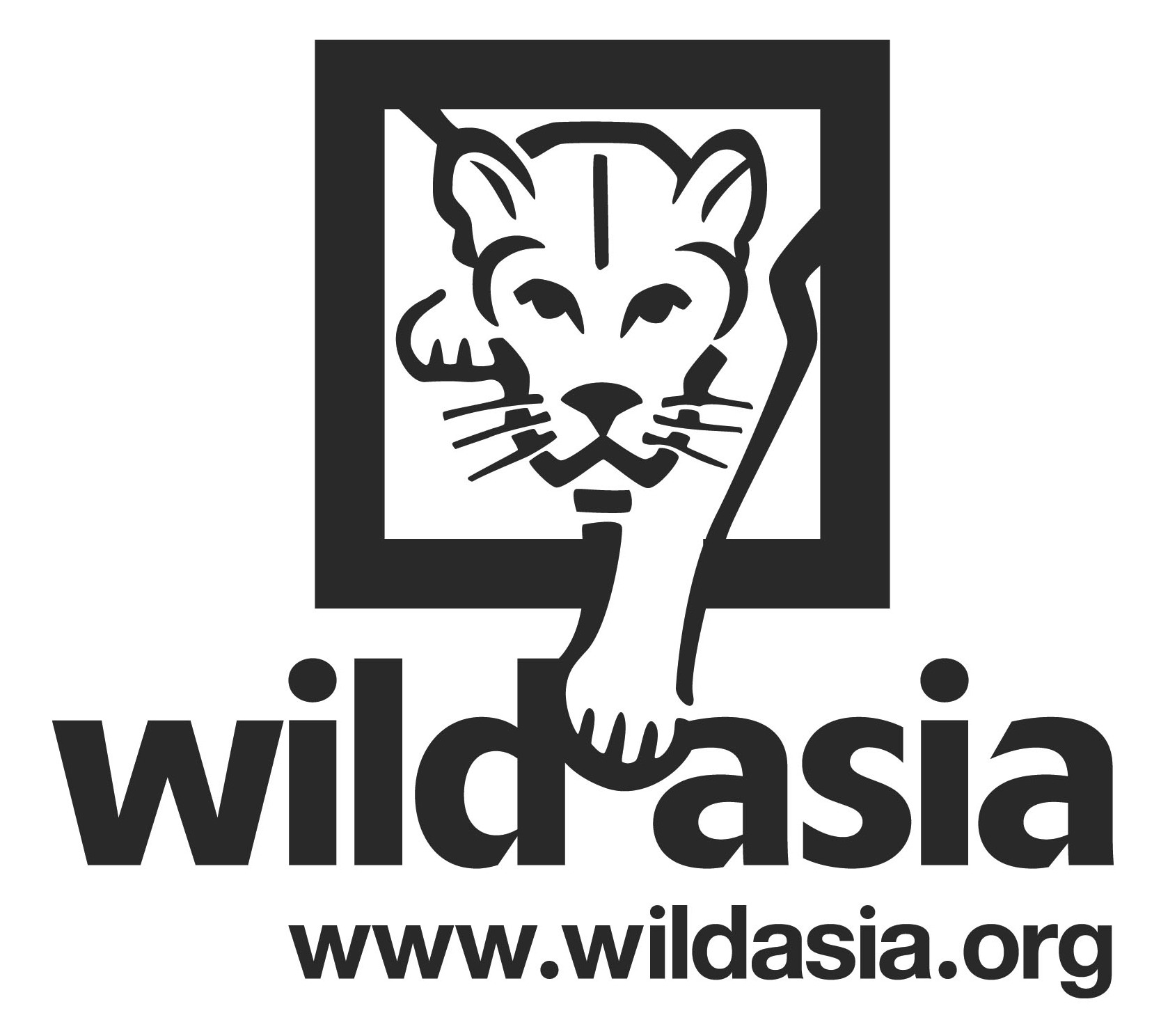Wild Asia supports the transformation towards the 100% sustainable palm oil supply chain in Europe by 2020 through introducing step-by-step initiatives to reach the 100% sustainable palm oil in Europe. We emphasize alternatives to conventional oil palm cultivation that will help farmers to make more money, and enhance the local biodiversity while preserving the forest. In which, indirectly will ultimately reduce pressure on natural areas, enhance local biodiversity through the reduction of chemical inputs and promote more diversity on and between farms.
Creating Production
We deliver a strategy that brings about small producer inclusivity in the global supply chains to increase the livelihood of small producers while increasing the local biodiversity. All small producers in the programme are verified through sustainable certification standards. They are provided with regular educational activities and progress towards meeting the national Malaysia Sustainable Palm Oil (MSPO) and then, the global Roundtable for Sustainable Palm Oil (RSPO) standard. This inclusion programme is called the Wild Asia Group Scheme (WAGS); delivered on-the-ground, through practical demonstrations and direct interventions – and the objective of this programme is to provide the technical and educational support for small producer certification. Our strategy is to influence a core group of small producers (center of influence) in community groups, for example increase their profits per area, by adopting global standards to add value to their existing crop, reducing costs, and/or reducing the need for chemical inputs by adopting natural farming methods of land management, spanning across a number of oil palm supply chains, creating role models for others to follow (not only their peers, but also within the district, the state and ultimately at national level). By taking this bottom-up approach, and providing the technical framework and meeting global standards, the impact of the Project extends far beyond the local regions where we operate.
In tandem with the work with small producers, we also work with the landowners to identify and explore how to increase the potential for the protection of natural areas on private lands. This would effectively increase the area under natural vegetation within targeted regions. When applied to regions where there are High Conservation Values, it provides an alternative model for enhancing biodiversity, and increases the conservation viability of existing protected areas. This local to regional approach is a novelty and can be an important component for supporting sustainable landscape initiatives.
Linking Global Buyers to Producers
We create partnerships and opportunities for buyers of palm oil to have a deeper connection to palm oil producers and production regions through our Small Producer Inclusivity and Resilience Alliance (SPIRAL) initiative; partnerships for delivering certification and BIO farms to groups of independent producers and enhancing the biodiversity in regions we operate.
Since 2007, our WAGS initiative has been (and continues) to be supported by a number of global partnerships consisting of global palm oil buyers, national processors, and palm oil mills. This support has enabled RSPO and MSPO certification for many independent small producers.
Other than that, we also identify mills and dealers in the region to establish working partnerships that can recognise verified small producers in the supply chain before we connect it to our global partners. In this way, mills are able to increase the traceability of their raw material supply whether from direct sources or those that flow through dealers. Mills in turn are able to provide greater assurance to the local refineries that provide the raw materials for global palm users around the world.
Supply Chain
Our work in oil palm is a strategic decision. We wanted to influence landowners and we wanted to enhance biodiversity. RSPO provided us with a platform to engage with the landowners and started with the very largest ones; the corporate palm oil estates. This began with conducting technical assessments (biodiversity, social, HCVs) and eventually covering all the aspects required for RSPO. In the meantime, starting with our first glocal schemes for RSPO smallholder certification WAGS programme, we work closely with local partners (mills and dealers) to design programmes for their suppliers that are sustainable and lastly supporting small producers by connecting them to the global brands and international markets.
